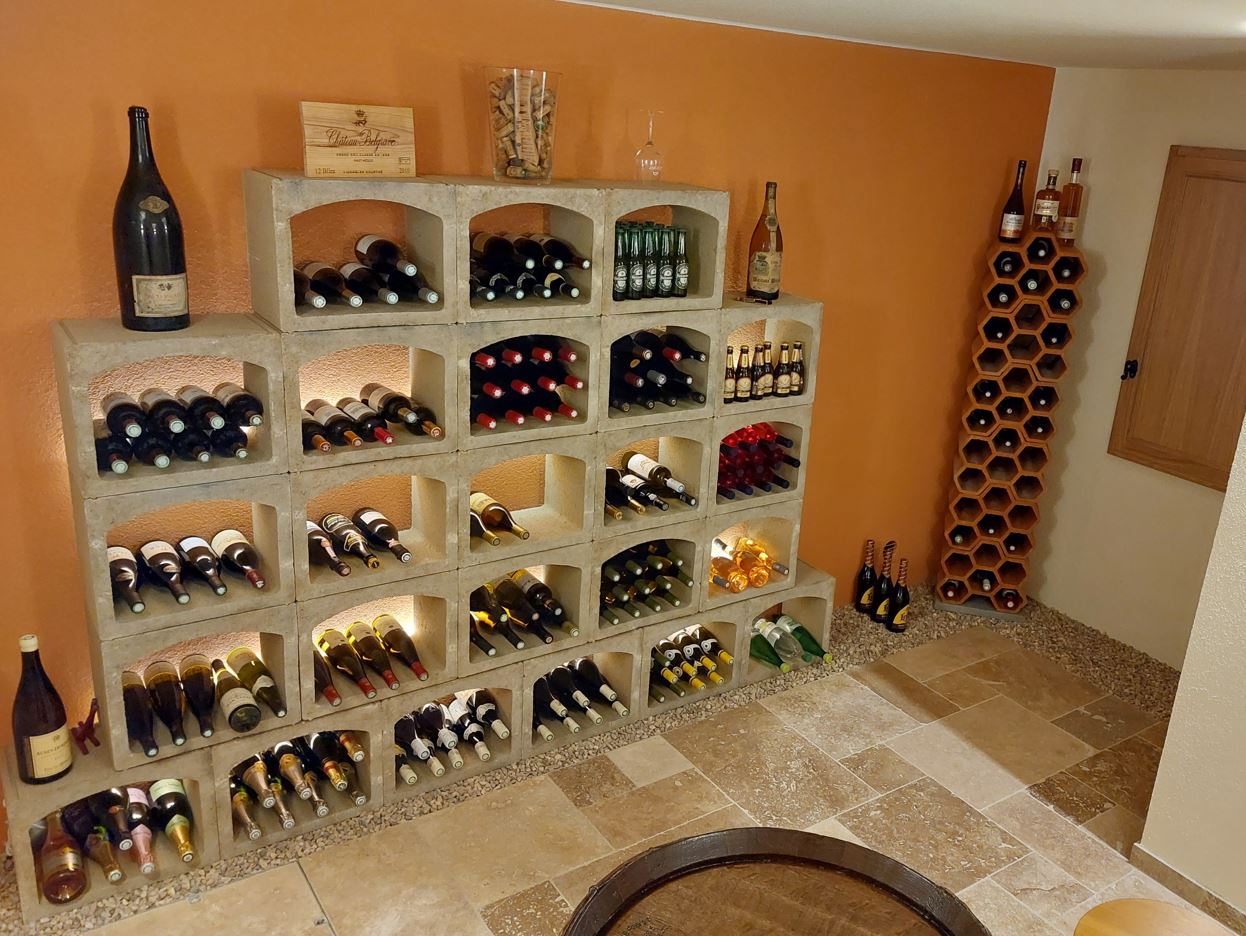Between growing passions and impulse purchases, a wine cellar fills up fast. However, without a clear method, chaos can set in. It's difficult to know where each bottle is, or which wine is reaching maturity.
Installing a wine cellar in a garage: the steps to follow
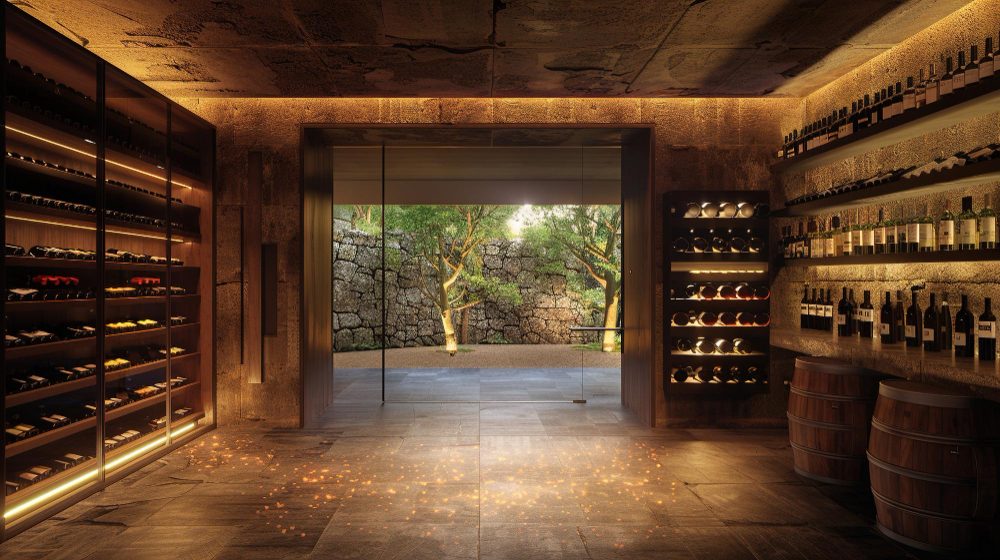
Creating a space dedicated to wine at home allows you to store your bottles in the best possible conditions. More and more wine lovers are choosing to install a wine cellar in an unused space such as the garage. This smart choice combines practicality, optimization of space and enhancement of your collection.
Wine market indices: how to read them
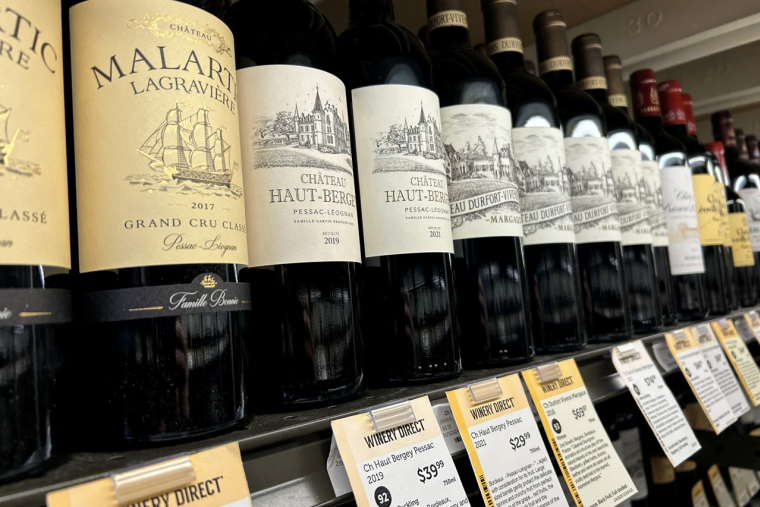
Wine investment is attracting more and more wine lovers and collectors. At the same time, the wine market is developing its own tools. These include rare wine price indexes, which track market trends. To invest well, you need to know how to read them, understand them and use them to your advantage...
Can you store wine in an apartment without a cellar?
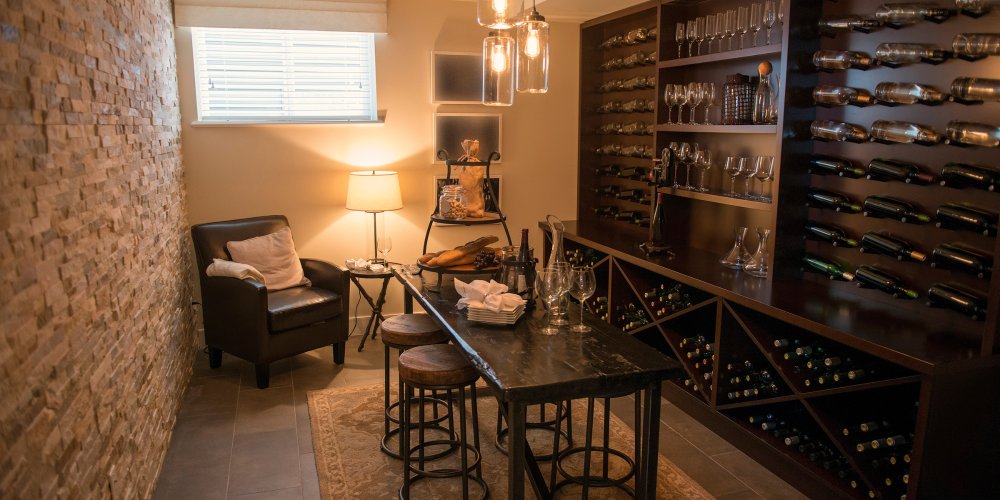
Many wine enthusiasts live in the city, without a traditional wine cellar. Yet they want to store their bottles in the best possible conditions. This raises a number of practical questions.
Create a themed cellar: Burgundy, Rhône, or forgotten grape varieties?

Creating a personalized wine cellar isn't just about stacking bottles. It's a real passion project. To succeed, you need to choose a common thread. Three options appeal to many wine lovers: Burgundy wines, Rhone Valley wines and forgotten varietals.
Create a personal cellar book: write your wine story
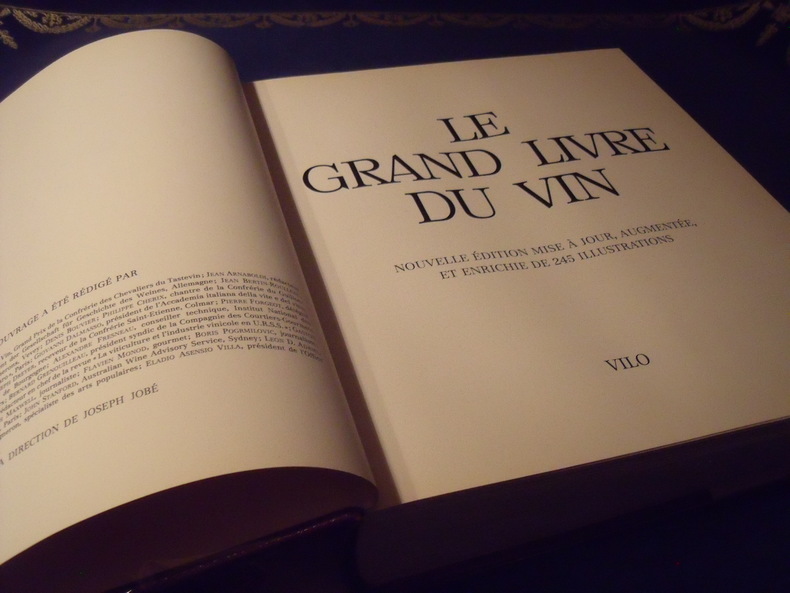
Wine is more than a bottle opened and forgotten. Each tasting leaves a trace, an emotion, a memory. So as not to lose any of these precious moments, many wine lovers keep a personal wine journal. This journal becomes an extension of the cellar, a living memory.
Cellar statistics: what your habits say about you
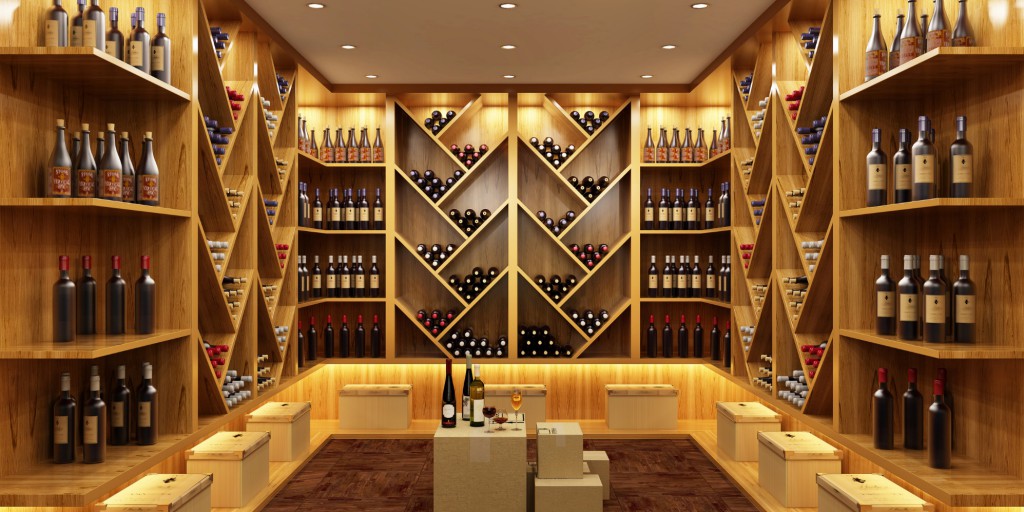
Do you really know your wine cellar? Do you know how many bottles you own, what you open most often, or what you let age too long? Thanks to digital tools, today it's easy to obtain a complete consumption analysis. This data reveals much more than you might think...
How to classify wines according to style rather than origin
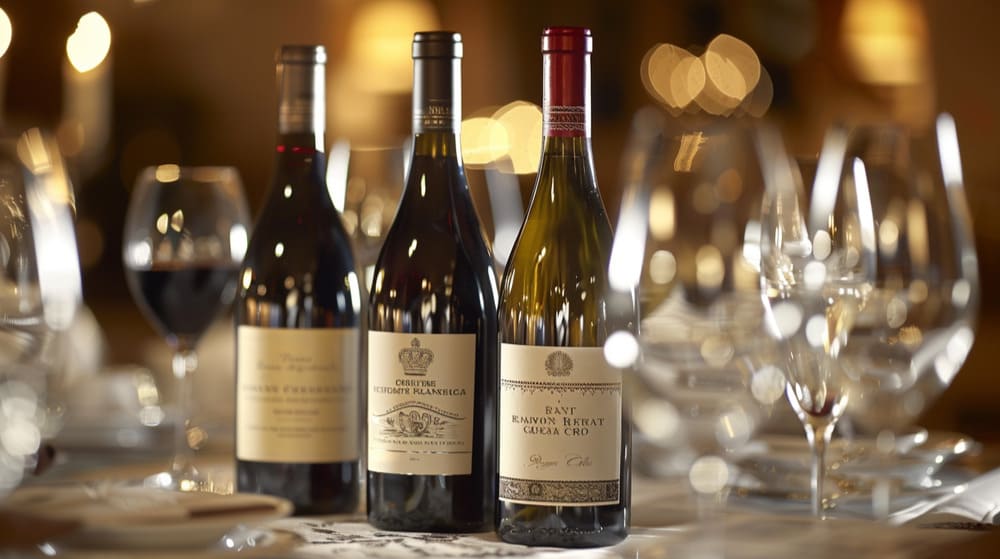
Classifying bottles by region remains a classic method. However, another organizational method is gaining ground: classifying wine by style. This helps you better understand your tastes, simplifies food and wine pairing and saves you time on a daily basis. It's just as suitable for amateurs as for collectors.
The most common mistakes in wine cellar management
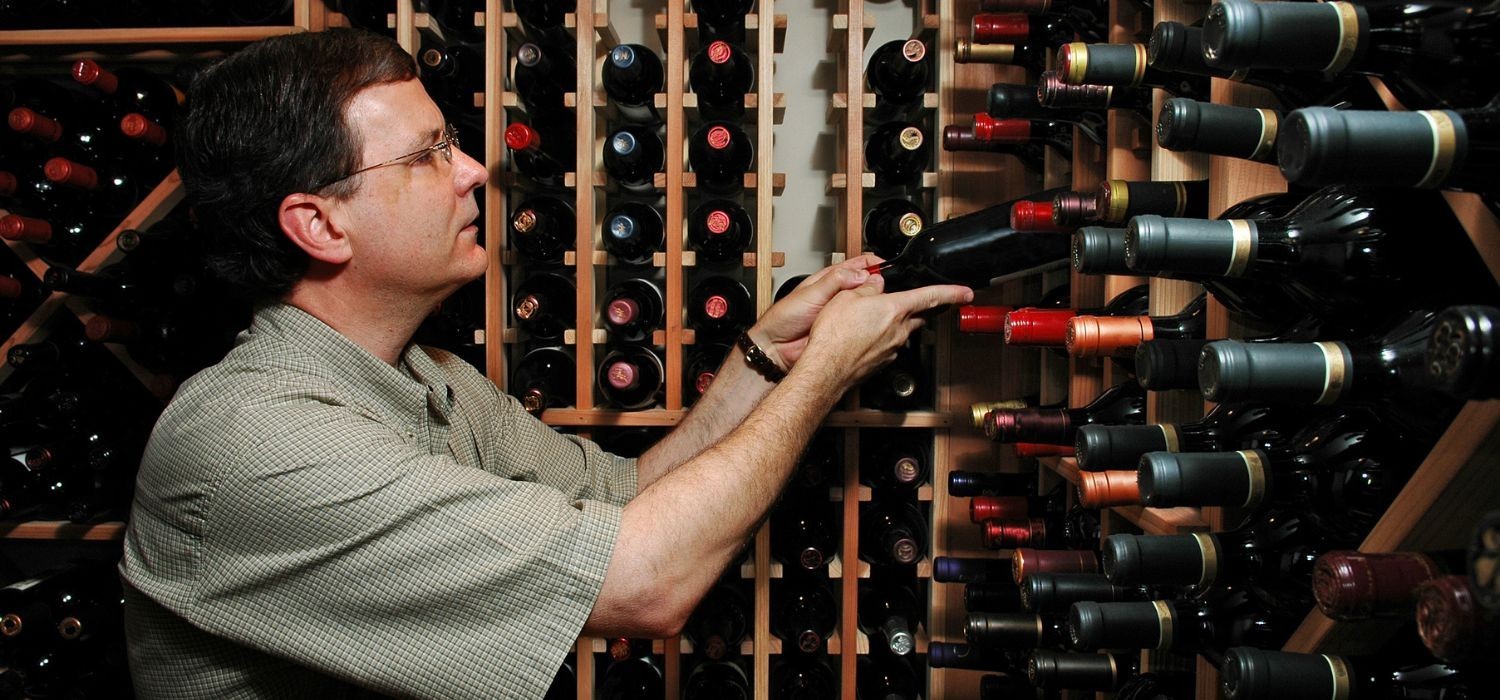
Managing a wine cellar requires more than space and good intentions. A number of pitfalls to avoid can compromise the quality of your collection. The slightest negligence can alter aromas or accelerate bottle degradation.
Building a wine cellar for special occasions
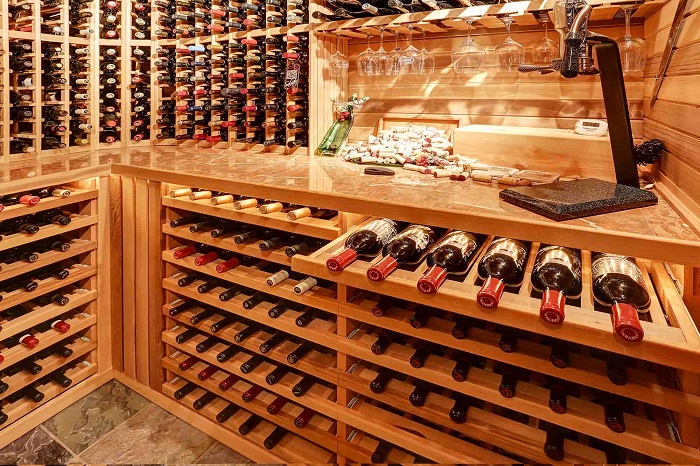
Preparing a cellar for an event requires thought, method and anticipation. A well-thought-out cellar means you'll always have the right selection of wines for the special moments in your life.


